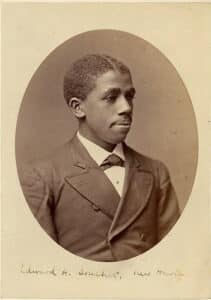
Portrait of Edward Alexander Bouchet graduating from Yale College, class of 1874. Source: Connecticut History
On June 29, 1876, Edward Alexander Bouchet graduated from Yale University as the sixth person to receive a Ph.D. in physics in the United States.
Bouchet was born in 1852 in New Haven, Connecticut, to parents who both worked service jobs at Yale. His father, formerly enslaved, was a janitor, and his mother was a laundress for students. Very active in his local church and abolitionist movement, Bouchet was encouraged by his parents to get an education.
The state of Connecticut did not begin to tackle the legality of segregation in schools until 1975, and it was only in 1996 that the Connecticut Supreme Court ruled that “the state did in fact have an obligation to provide Connecticut’s school children with equal educational opportunities.” Because Connecticut was segregated in the late 1800s, Bouchet started off his education at the all-Black Artisan Street Colored School. With the help of his teacher and mentor, Sarah Wilson, Bouchet eventually transferred to Hopkins Grammar School, a prestigious private school known for sending its graduates to Yale.
After graduating as the class valedictorian in 1870, Bouchet matriculated to Yale. While most sources at the time, including Yale, claimed that Bouchet was the university’s first Black student, recent research indicates otherwise; three other students who appeared in public records as “Negro,” “black,” and “mulatto” were able to pass as white and attend Yale decades earlier.
Bouchet graduated sixth in his class and was nominated to Phi Beta Kappa. Two years after receiving his undergraduate degree, through the guidance of Alfred Cope, Bouchet received his PhD in physics. Although Bouchet had countless credentials, most universities refused employment to Black men, so he went to work with Cope at the Institute for Colored Youth in Philadelphia. The institute was one of the first official high schools for African Americans in the United States, although some Black students had attended high schools on an individual basis in the past. Bouchet ran the school’s science program and taught various subjects.
With continued resistance from white supremacists, and Black leaders like Booker T. Washington calling for a transition to vocational and technical education, Bouchet lost his job and eventually returned home to New Haven in 1916. He died in 1918.
Throughout his life, Bouchet was a fierce advocate for science education for Black youth, despite barriers presented by white supremacy and disagreements amongst Black leaders.
This story was prepared by May Kotsen, an intern with the Zinn Education Project in summer 2022.

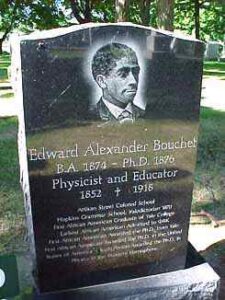

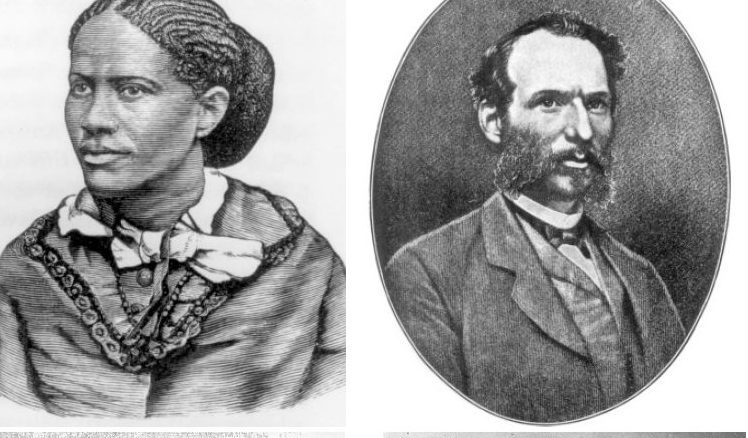
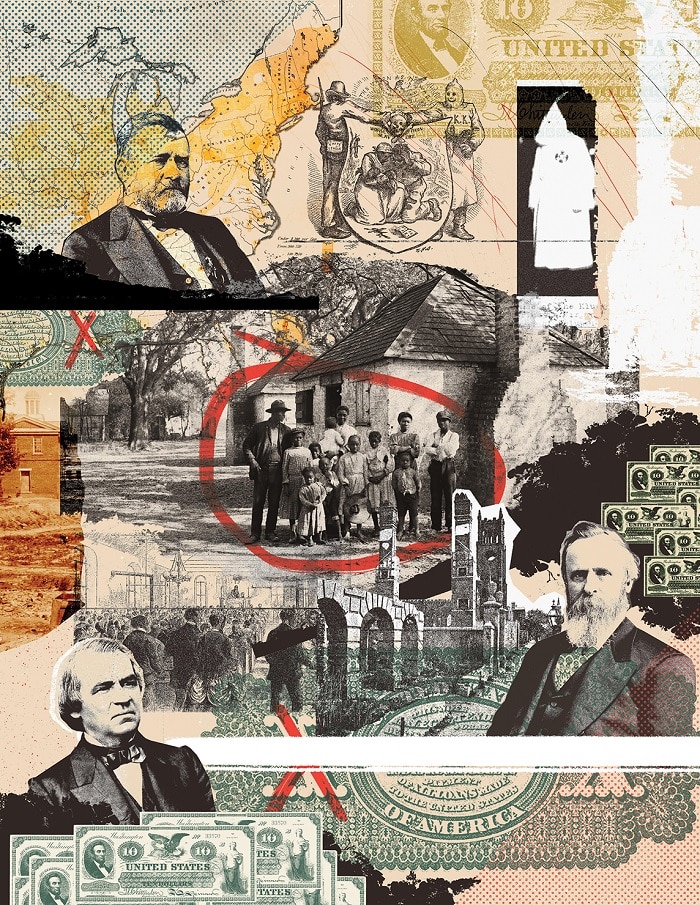
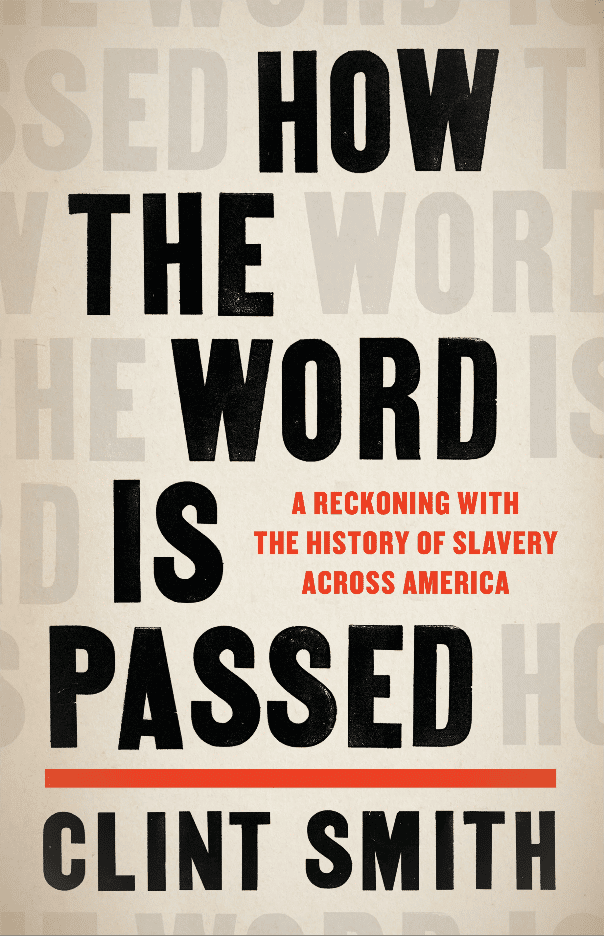
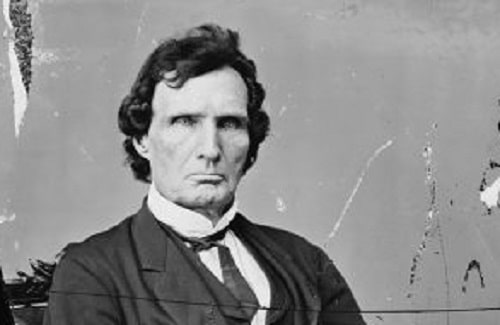
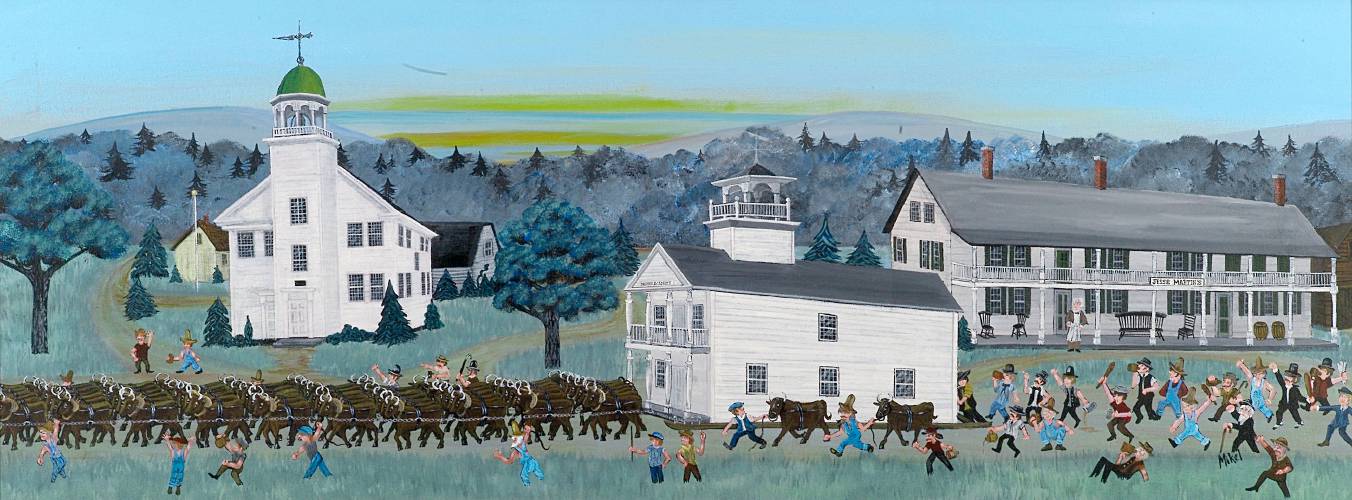
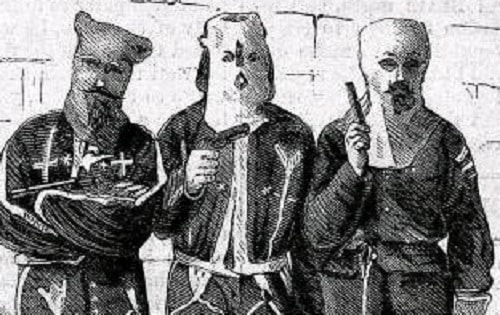
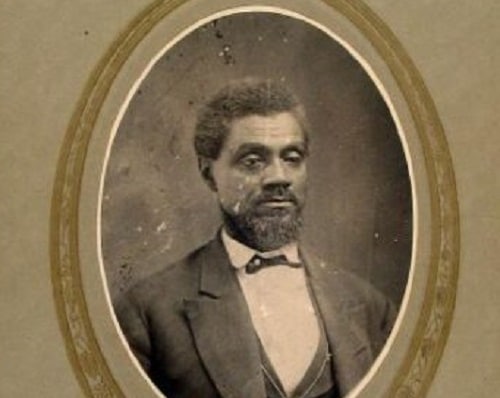





Twitter
Google plus
LinkedIn